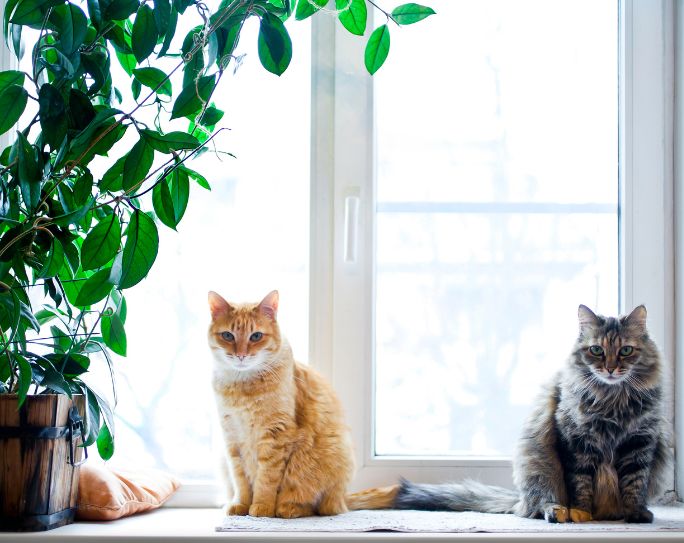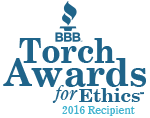Pet poison prevention tips for pet sitters and pet owners

March is recognized as Poison Prevention Awareness Month and this year, March 17-23 marks National Poison Prevention Week.
With many common household items toxic to pets, it’s important that professional pet sitters encourage their pet-owning clients to educate themselves to ensure they keep unsafe items out of paw’s reach.
It can happen to even the best pet owners—you turn around for one moment (or accidentally leave medication or chocolate on the counter) and your pet ingests a potentially harmful or fatal pet poison.
As professional pet-sitting business owners, it is vital that you, as well as any staff sitters, stay up-to-date on the most common pet poisons and educate your clients on the importance of pet-poison proofing their homes.
Many items commonly found around our homes can be dangerous to pets, including:
For dogs:
- Chocolate, particularly bakers and dark chocolate.
- Xylitol, the sweetener used in sugarless gums and candies, as well as some medications.
- NSAIDS, such as ibuprofen and naproxen found in products like Advil and Aleve.
- Over the counter cough, cold and allergy medications.
- Rodenticides (mouse poison).
For cats:
- Lilies and all plants in the Lilium species, such as Easter, Tiger and Asiatic lilies.
- Household cleaners that are concentrated, such as toilet bowl or drain cleaners.
- Flea and tick treatments that are created for use on dogs.
- Antidepressants, such as Cymbalta and Effexor.
You can read more about household dangers here.
For a complete list of pet toxins, visit the Pet Poison Helpline at www.petpoisonhelpline.com. You can also view the Top Pet Toxins of 2022 as reported by the ASPCA Animal Poison Control Center.
In 2022, recreational drugs like marijuana joined the top 10 list.
Pet owners (and pet sitters) should contact their veterinarian or a pet poison helpline immediately if they suspect their pets have ingested a potentially toxic item.
Updated 2024







Comments
Agnes Gordon
Luxury Pet